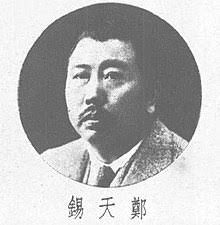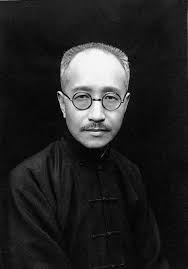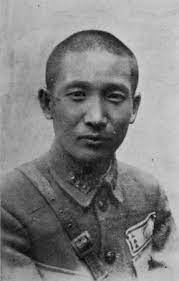Chou Tzu-ch'i (1871-20 October 1932), government official, served Yuan Shih-k'ai's government as minister of finance. Because of his complicity in Yuan's monarchical plot, Chou was forced to live in Japan (1916-17) to avoid arrest. He later served as minister of finance (1920) and as acting premier (1922). Although his native place was Shanhsien, Shantung, Chou […]













